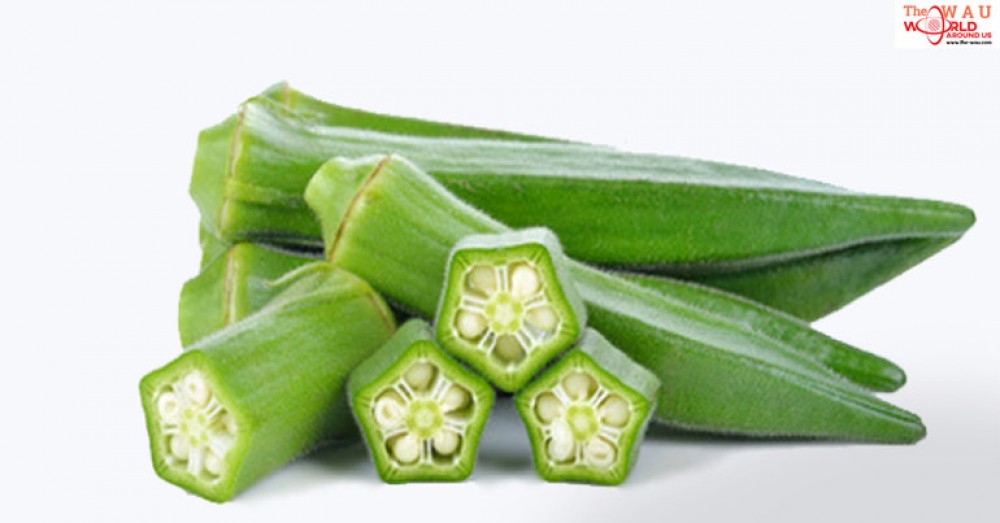While Ethiopian in origin, okra rarely goes by its native name Abelmoschus esculentus or Hibiscus esculentus. Having a complicated name certainly doesn’t make it an outdated food item. In fact, okra is incredibly popular globally; it just goes by many different names such as: okro, lady’s finger, gumbo, guino-gumbo, guibeiro, bhindi, gombo, bendakai, and, most commonly in the US, okra.
This seed-containing pod of the green and flowering okra plant is prepared in a variety of ways, in a multitude of different cultures. Sometimes it’s consumed as a vegetable, or in salads, broths, soups, stir-fries, and even in breads. While obviously well-loved, did you know that this widely-liked plant might also be useful for preventing illness and maintaining your health?
Okra the Superfood
Okra belongs in the same family of plants as hibiscus and cotton, hence its native name, Hibiscus esculentus. The term “okra” most commonly refers to the plant’s edible seeds, and it appears multiple times throughout history. It is said that Cleopatra of Egypt as well as Yang Fuifei of China had a high liking for the okra plant. In addition, okra seeds were used as coffee bean substitutes during World War II.
It has only been in recent years, however, that scientists have become aware of okra’s intense health benefits. The plant contains high levels of potassium, vitamins B and C, folic acid, and calcium. Okra is low in calories and high in dietary fiber, making it a healthy vegetable to add to your daily diet. Tests have even shown okra to be beneficial in managing blood sugar for cases of type 1, type 2, and even gestational diabetes.
How will Okra Help my Diabetes?
While there are many, many pros to this podded veggie still to discuss, it is also important to clarify that these new studies have not positively proven okra to be influential in the maintenance of diabetes. Some studies have shown significant benefits, but according to The Healthline:
The verdict is out on whether okra can be used successfully as a direct diabetes treatment…. Medical research on okra for diabetes management is still in early stages. We do know that…okra water improved the blood sugar levels of pregnant rats that had gestational diabetes. Roasted okra seeds, which have long been used in Turkey to treat diabetes, have also been studies and proven to have a positive effect on lowering blood sugar.
...[ Continue to next page ]
Share This Post












